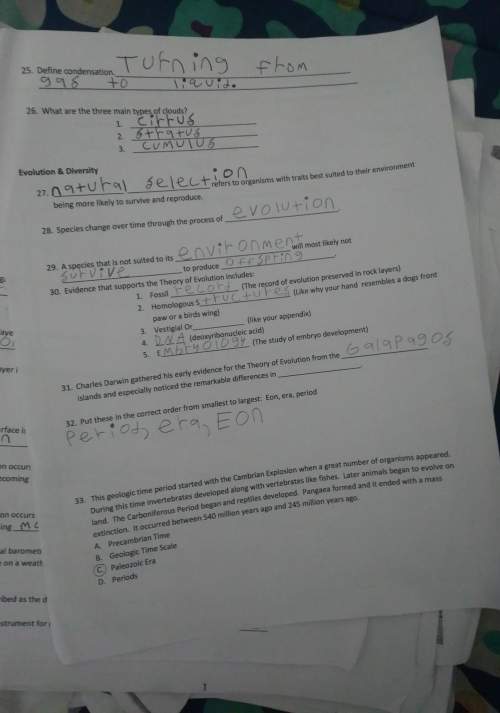
Physics, 27.01.2021 01:40, chycooper101
Energy in Collisions
A team of students conducts a series of experiments to investigate collisions. In the first experiment, the two
carts collide with each other on a smooth surface. The carts stick together and continue to move forward. In
the second experiment, the two carts collide with each other on a rough surface. The carts stick together and
quickly come to rest. In both experiments, the initial speeds of the carts are identical. Is there a difference in
the total energy of the two experiments?
O A. No, because the kinetic energy of the two-cart system after the collision is the same in both the
experiments.
B. No, because the sum of the kinetic energy and thermal energy of the two-cart system after the
collision is the same in both experiments.
OĆ. Yes, because the kinetic energy of the two-cart system in the second experiment after the
collision is less than that of the first experiment.
OD. Yes, because the sum of the kinetic energy and thermal energy of the two cart system in the
second experiment after the collision is less than that of the first experiment.

Answers: 2
Other questions on the subject: Physics

Physics, 21.06.2019 14:00, leslieperez67
Under normal temperature and pressure conditions, what type of rock could be formed from weathering in erosion of metamorphic rock
Answers: 2

Physics, 22.06.2019 12:20, drewefielder6198
Which of the following situations is impossible? a) an object has velocity directed east and acceleration directed east. b) an object has zero velocity but non-zero acceleration. c) an object has constant non-zero velocity and changing acceleration. d) an object has velocity directed east and acceleration directed west. e) an object has constant non-zero acceleration and changing velocity.
Answers: 2


Physics, 22.06.2019 16:30, aliviadushane
He latent heat of vaporization for ethyl alcohol is 854 j/g. the amount of energy, rounded to the nearest whole number, needed to change 5.20 grams of ethyl alcohol from a liquid to a gas is
Answers: 2
Do you know the correct answer?
Energy in Collisions
A team of students conducts a series of experiments to investigate collisions....
Questions in other subjects:

Mathematics, 01.07.2021 09:50


Mathematics, 01.07.2021 09:50


Biology, 01.07.2021 09:50


Mathematics, 01.07.2021 09:50

Mathematics, 01.07.2021 14:00


Geography, 01.07.2021 14:00







